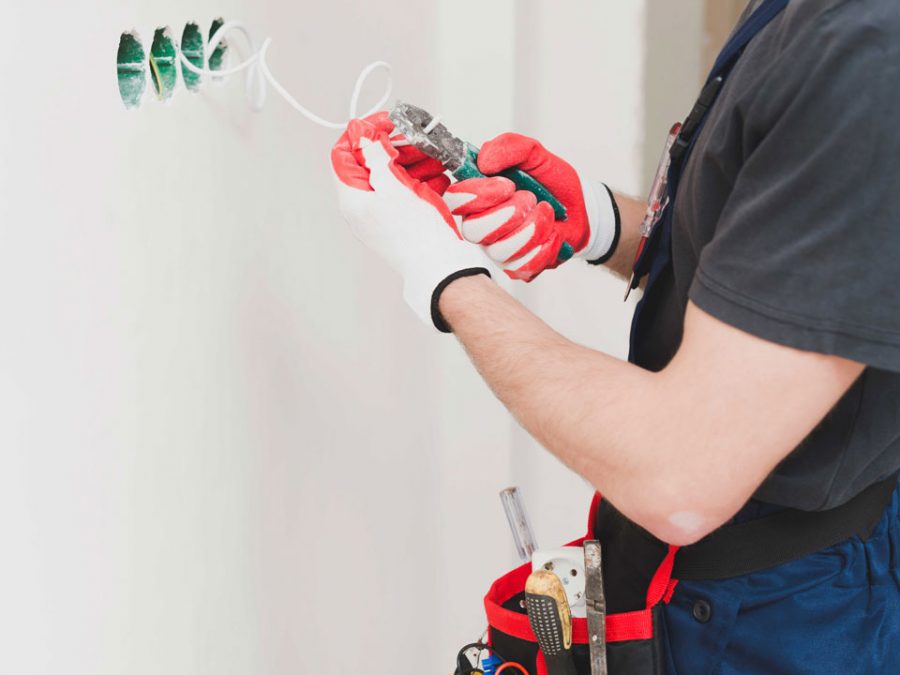8 of the most common household electrical problems

Handy tips for kitchen and bathroom electrical safety
April 2, 2015Electricity is almost magical in the way it can bring light and heat to our homes and life to our modern must-have devices, but when it acts in a way we’re not expecting the results can be confusing.
Sudden loss of power
Sometimes it will happen totally out of the blue, other times your entire house will lose power the precise moment that you plug in an appliance. Either way, unless you’re suffering an electrical blackout that’s affecting your entire local area, you’ll find that your fuse box has tripped.
And with good reason: your safety.
If you had just plugged in a high wattage appliance into a socket on a circuit used by other high wattage appliances, chances are that you’ll have overloaded that particular circuit by demanding far too much power.
A quick remedy would be to flip the tripped fuse box switch, and then use your appliance on a different socked connected to a different circuit, though that could mean that it needs to be plugged in far away from where you’d ideally want to actually use it.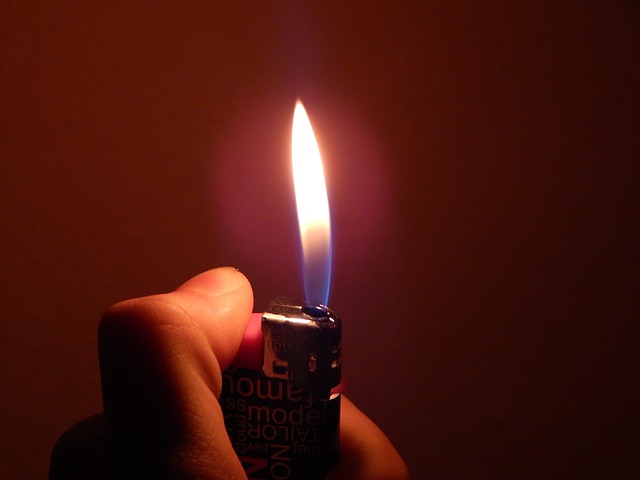
A better solution would be to get a professional electrician to add a new circuit so you can use the appliances you want to use precisely where you want to use them.
If you haven’t just plugged something in then, by finding which of your fuse box’s safety trigger have tripped, you can isolate the circuit and tell where the problem resides – as long as your fuse box is correctly labelled. If after resetting the switch you suffer power loss on the same circuit then, again, it’s time to call in a professional.
Shocking switches
Have you ever felt a zapping or strong and slightly numbing buzzing sensation in your finger whentouching a switch or appliance? It could be that you’ve inadvertently used your body to detect a grounding fault or some electrical wiring that’s in severe need of qualified attention. That’s not good. Although the shock was light and (mostly) harmless, the underlying problem could well develop to become incredibly serious.
If you’ve touched the switch or appliance after walking across a carpet, especially one constructed of artificial materials, then you could well have just generated a static charge. These are more common when conditions are cold and dry.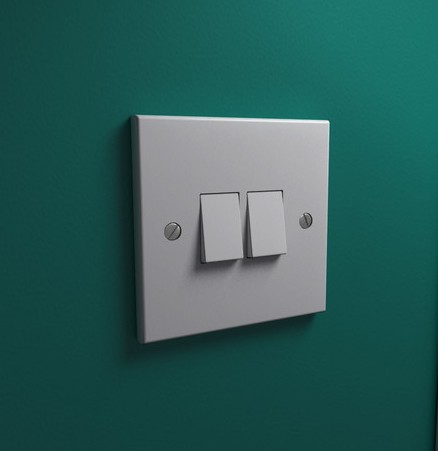
Flickering lights
Ever noticed that your lights tend to flicker on extremely windy days? Then you really should have had someone look at the way electricity cables are connected to your home by now. The external connection is most probably loose, and unless you have also noticed that your neighbours suffering a similar situation at exactly the same time then the problem will be to do with your property. Call your electricity supplier.
If it’s perfectly calm outside and your lights are flickering, then it could well be that a connection within your property has become loose, which would be a job for an electrician instead.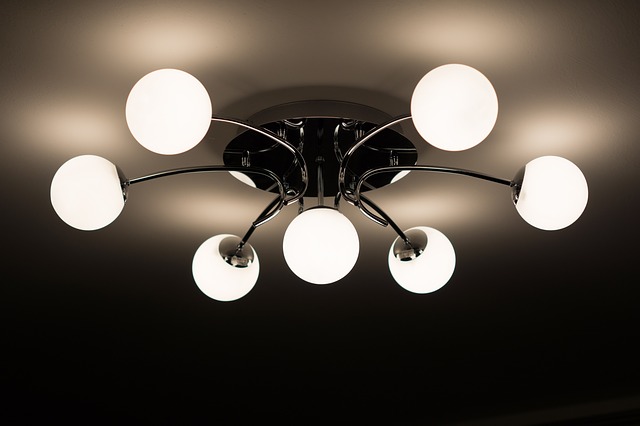
Light bulb burnout
Cheap bulbs are constructed of cheap materials and, while we all love to save money, having bulbs that blow the moment your house suffers a very minor power surge isn’t really a cost-effective way to light your home.
A quality bulb, however, will also not survive for long if it’s of the incorrect wattage so 30 Watt bulb in a 60 watt socket shouldn’t be expected to last. If you’re sure you’ve got the right bulbs for the right socket and your bulbs are still dying then you should seek the assistance of an electrician.
If the bulb is blowing while it’s connected to a lamp then it could well be that that lamp’s circuit isn’t completely as snugly as it could be and that electricity has jumped across the bulb’s contacts. This causes a sudden expanse of heat and a blown bulb.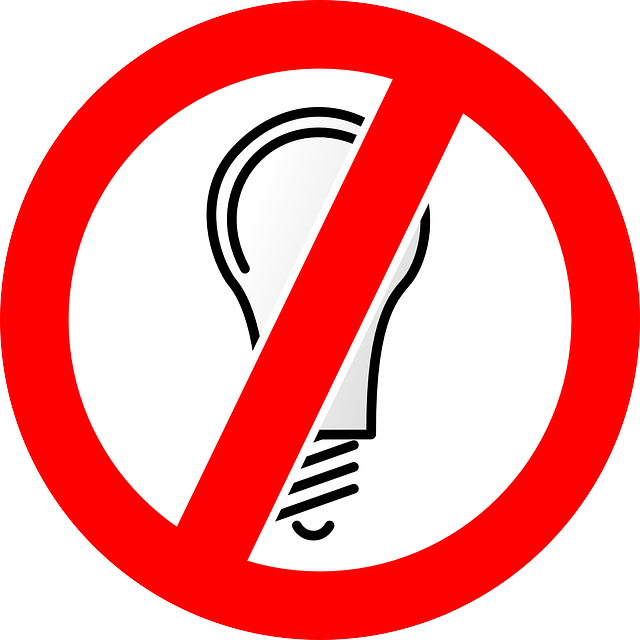
Strange smells
It’s rare that the totally unexpected and unexplained smellof something plastic burning has ever meant anything good, and so if you detect an odour coming from a switch of power socket you should immediately go to your fuse box and switch off that switch or socket’s circuit. If you’re in any way unsure which circuit you want to switch off, switch all of them off. Then call an electrician.
Famously, burning smells relate to something burning and so while the problem could be a minor one, your nose could have detected the beginnings of an electrical fire.
Surprising sparks
While it’s actually not that unusual to notice a small spark when you first plug in an appliance, large or frequent sparks can indicate a problem with the socket or circuit. When coupled with a popping sound it most probably means that a wire is loose.
Sockets not supplying power
If your fuse box hasn’t tripped then it could well be that the socket hasburned out. If the socket displays any signs off sooty blackening then it’s either has definitely burned out or is about to. Either way, to completely avoid the chance of a fire that socket should get a professional to change it as soon as possible.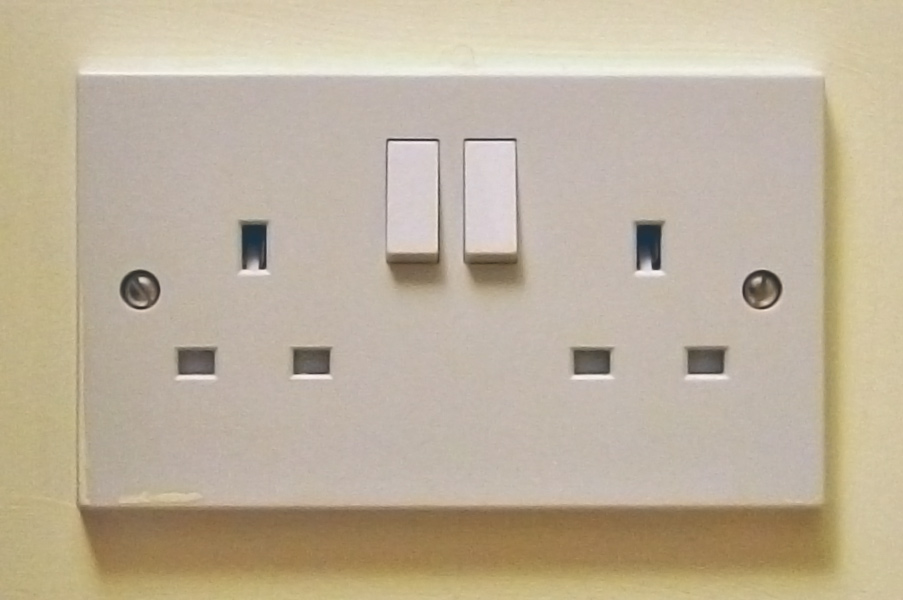
Warmth around light fixtures
Occasionally checking for warmth around light fixtures is a great way to easily find out if those fixtures are well insulated. If you are using a bulb off too high a wattage then it can cause the entire fixture to overheat and so pose another fire hazard.
This is another reason why LED and CFL bulbs are such a good idea. Not only do they cost less money to run, they generate much less heat than old fashioned incandescent light bulb and so provide extra safety.
Electricity in professional hands
While this list doesn’t cover ever electrical problem a household can face, it certainly deals with those that you’re most likely to encounter.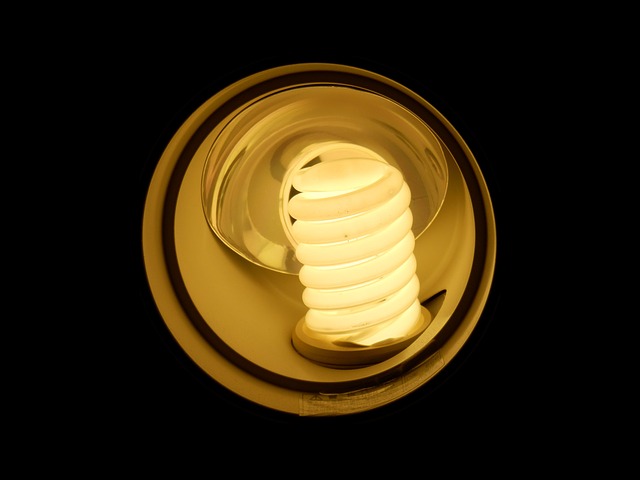
Electricity can be incredibly dangerous and even the most seemingly harmless of situations can prove to be lethal, so no matter what your requirements, large or small, if it relates to electricity then contact us at CFS Electrical. We’ll be happy to offer advice and can solve all your electrical problems.

